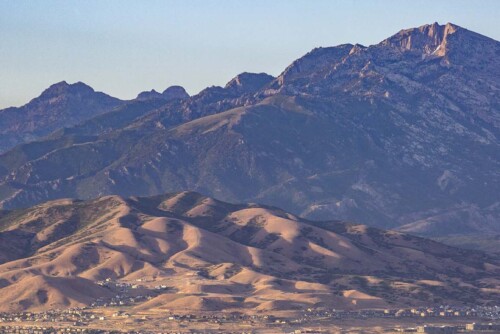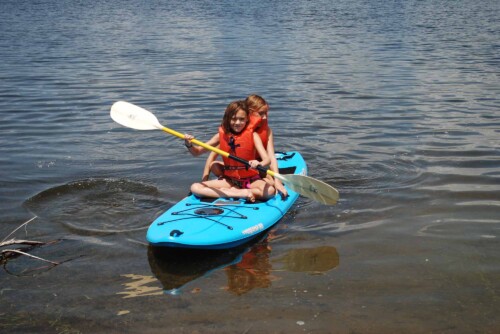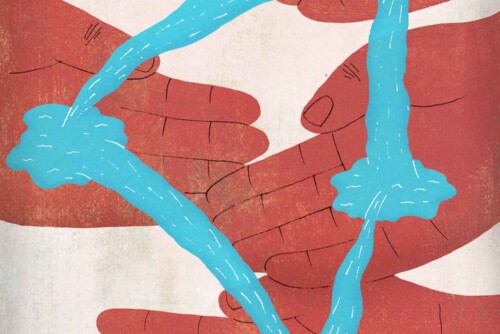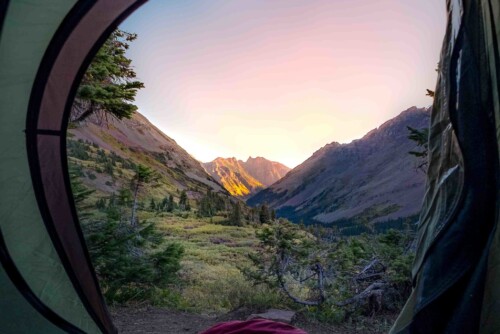Tahlia Bear recently joined Western Resource Advocates as its first Indigenous peoples engagement manager. It was a landmark moment for WRA, and her work reflects an important focus as WRA seeks to develop more inclusive solutions to climate and conservation issues and to advance the health and vibrance of all people and communities in our region.
As WRA’s first Indigenous peoples engagement manager, why would you say is it so important for WRA to begin contemplating Indigenous issues as part of our policy work?
Indigenous peoples have been the caretakers and inhabitants of North America since time immemorial and have valuable knowledge, insight, and expertise of the environment. Yet they have been historically left out of key conservation decisions and policy making. Across the WRA region are 76 federally recognized tribes. From an equity perspective, that makes it critical to engage Indigenous perspectives and views to shape our conservation work in order to make our environment and communities healthier, safer, and more resilient.
What is it about these issues that motivated you to want to do this work at WRA?
Curtailing climate change is one of the biggest challenges of my generation. I am an enrolled member of the Fort McDowell Yavapai Nation who is also half Navajo, and communities like mine are the first to feel the disproportionate effects of climate change. Being a part of the staff at WRA means that I can utilize my unique perspectives and skills to work on issues that are meaningful to Indigenous communities and advance conservation goals at the same time.
What are the main projects you plan to focus on as you begin your work?
My focus will span across WRA’s three areas of work — clean energy, healthy rivers, and Western lands — to cultivate authentic partnerships with Indigenous communities, governments, leaders, citizens, and other nonprofit organizations in the region. Specifically, I will be working in the months ahead to advance WRA’s priorities related to the Colorado River, just and equitable transition for communities in the Four Corners affected by the closing of coal plants, and engagement of Indigenous communities in the 30×30 Initiative, which aims to protect 30% of all Western land by 2030.








